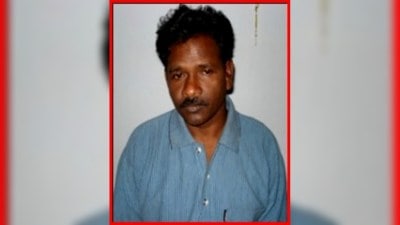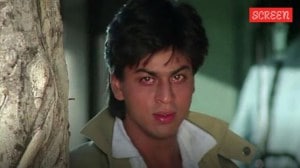War on inflation: Fuel tax cut, rate hike on the cards
Finance minister P Chidambaram today said he would explore cutting taxes on petroleum products...

Finance minister P Chidambaram today said he would explore cutting taxes on petroleum products and that the Reserve Bank of India would take stronger monetary measures to check the runaway inflation.
Chidambaram, who had a long discussion with Prime Minister Manmohan Singh last night, met RBI governor YV Reddy in the morning. Reddy separately met Singh today but did not brief the media. Officials in the government said Reddy was likely to hike the repo rate, the rate at which banks borrow from the RBI and the cash reserve ratio, the percentage of deposits banks have to keep with the RBI, over the next couple of days itself.
After meeting Reddy today morning, Chidambaram said, “We should not give room for panic. We should take steps to quell inflationary expectations…that is precisely the course the government has adopted in the past and will adopt in future too.”
Chidambaram also met Congress president Sonia Gandhi to appraise her of the situation and the steps being taken to tackle inflation. All political parties, including the Congress’ Left allies, pilloried the government for what they called failure in management of prices.
Inflation for the week-ending June 7, 2008 shot up beyond expectations and touched a 13-year high of 11.05 per cent. In a separate statement, Chidambaram said the index for food articles declined 1.11 per cent. For the primary articles group as a whole, the index declined 0.37 per cent. Even the manufactured products group registered only a small increase of 0.30 per cent.
He noted that it was the ‘fuel, power and light’ group that had sharply pushed up the inflation rate driven by the high global crude oil prices. “Petrol, diesel and LPG contributed 0.79 per cent and other petroleum products contributed 0.88 per cent to the inflation rate,” Chidambaram said, observing that 94 per cent of the 1.77 per cent addition to inflation was due to petroleum products.
Briefing reporters at noon, finance secretary D Subbarao said the first line of defence would be the monetary policy and the RBI was expected to take appropriate steps to keep a lid on inflationary expectations.
“Price management will be priority in a trade-off between growth and inflation,” he said, but added that inflationary pressures would be felt for next few months because of the base effect. The food situation was quite comfortable and manufacturing inflation was modest, he said.
Subbarao said the debt equity ratio of corporates continued to be low. “We believe that investment prospect continues to be promising.” Speaking about effectiveness of monetary policy, chief economic advisor to the Finance Ministry Arvind Virmani said there was a lag between monetary policy action and inflation control.



- 01
- 02
- 03
- 04
- 05




























